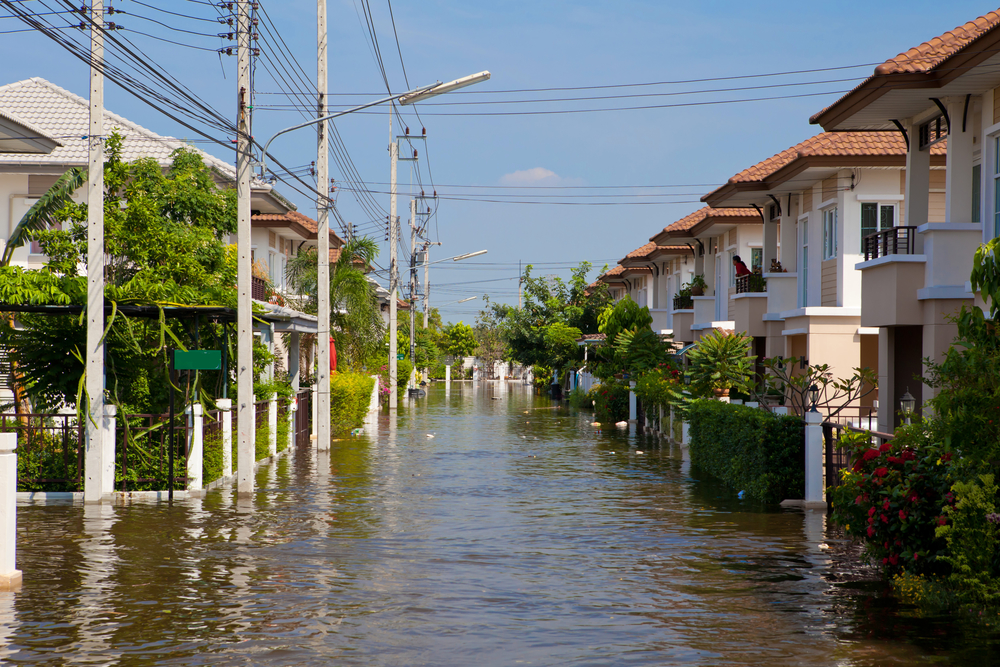Fighting salt water doesn’t only happen at sea. Especially with hurricane season upon us, many homes and families risk being affected by saltwater damage. If you live near the coast, it’s important to be prepared. Here are 5 things you need to know about saltwater damage:
1.) Saltwater Carries an Electrical Charge
You might remember building a salt-water circuit in your high school chemistry class. Just a little bit of aluminum foil, a battery, and some wire and you’ve got yourself a working light bulb! Unfortunately, this can happen in your home as well if you have significant water damage after flooding or a storm in coastal areas. Make sure to call an electrician if electrical lines are down in your area and stay away from the flood affected areas if possible.
2.) Saltwater is Highly Corrosive
Salt has the nasty tendency of causing metal and concrete to corrode, which can lead to serious structural damage to you house. The main problem is that as salt penetrates concrete it breaks it down very slowly, meaning the instability could take years to manifest. You may think you’ve got everything all shaped away only to find out years later that you missed a very important element, and the consequences could be dire.
3.) Saltwater Can Cause Mold
Any type of water damage can lead to mold, but salt retains water at a higher rate than non-salt water. One of the biggest rookie mistakes when it comes to mold is not allowing the location to dry long enough before painting, plastering, or otherwise covering the area. This error often allows mold to grow undisturbed. Because mold can potentially cause serious illness to you and your family, make sure to call a mold remediation expert from 911 Restoration if you have water damage.
4.) Saltwater Damage Needs to be Handled by Professionals
If your home is the victim of water damage, it doesn’t matter how handy you are – you need to call in a trained, skilled professional. This is especially important with saltwater as the flooded area needs to be thoroughly flushed out with clean water to remove the salt, then pumped away and dried completely to avoid any mold. Afterwards, the area will need to be inspected to ensure nothing external or internal is still damaged before repairs and renovations can begin.
5.) But Wait! There are Ways to Prevent Saltwater Damage
If you live in an area prone to flooding or near a stormy coastline, have no fear! Preventative measures can be taken to help prevent or reduce saltwater damage. For instance, some specially-coated and treated materials are resistant to water penetration and can lower the chances of water damage occurring. Be sure to discuss this option with a contractor, especially if you live in a high flood area.


